Donald Trump is in his element—he’s shaking up America and the world, and both could use it. But what will come of it in the end? That remains to be seen. Some global citizens still haven’t come to terms with the American president’s return to power; sulking or trembling with fear, they retreat into the solitude of their four walls, both physically and mentally.
The liberal elite's flagship newspaper, The New York Times, even in its Wirecutter product review section (yes, such a thing exists), features a nonbinary sex educator named Bianca Alba, who identifies as neither male nor female, conducting a product showcase of anal sex toys. This is not a joke—if it were, it would be a bad one, and it’s too early for April Fool’s. What was it that the great Thomas Hobbes said about the state of nature, where fear and conflict reign supreme? That human life is “solitary, poor, nasty, brutish, and short.”
Fortunately, those with a more intellectual bent can find mental stimulation in the loftier pages of The New Yorker, which soars even higher than The New York Times. Andrew Boynton, the head copy editor of the liberal magazine, has made a momentous decision in honor of the publication’s 100th anniversary: the diaeresis stays. Although the diaeresis may seem like the umlaut-type accent mark on our Hungarian “ö” and “ü” vowels, it's merely a refined stylistic flourish, not more than the perching tittle atop the letter “i” (“ï”) in the alphabet, to ensure that, for instance the word “coitus” is not mispronounced as “coytus.” Retaining it is, of course, a great help to American families.
But not all global citizens are satisfied with the small ornaments of their freedom—they proudly parade their ideologies in public. And leading the charge, as usual, is the mainstream media.
Alhough equating Trump with the mass-murdering Hitler is both extremely hackneyed and unreasonbable (not that fairness would concern them), they do it anyway—again and again. The German news magazine Stern depicts Trump and Putin on its cover as the axis of evil, tipping their hats over Ukraine’s corpse, mimicking the infamous World War II caricature of Hitler and Stalin.
(The trend is contagious: a Hungarian satirical biweekly portrays Trump on its cover with a Hitler mustache, “jokingly” adding that the clumsy graphic designer had no other way to fix a minor flaw on the president’s face. This, apparently, is today’s “humor” in Budapest.)
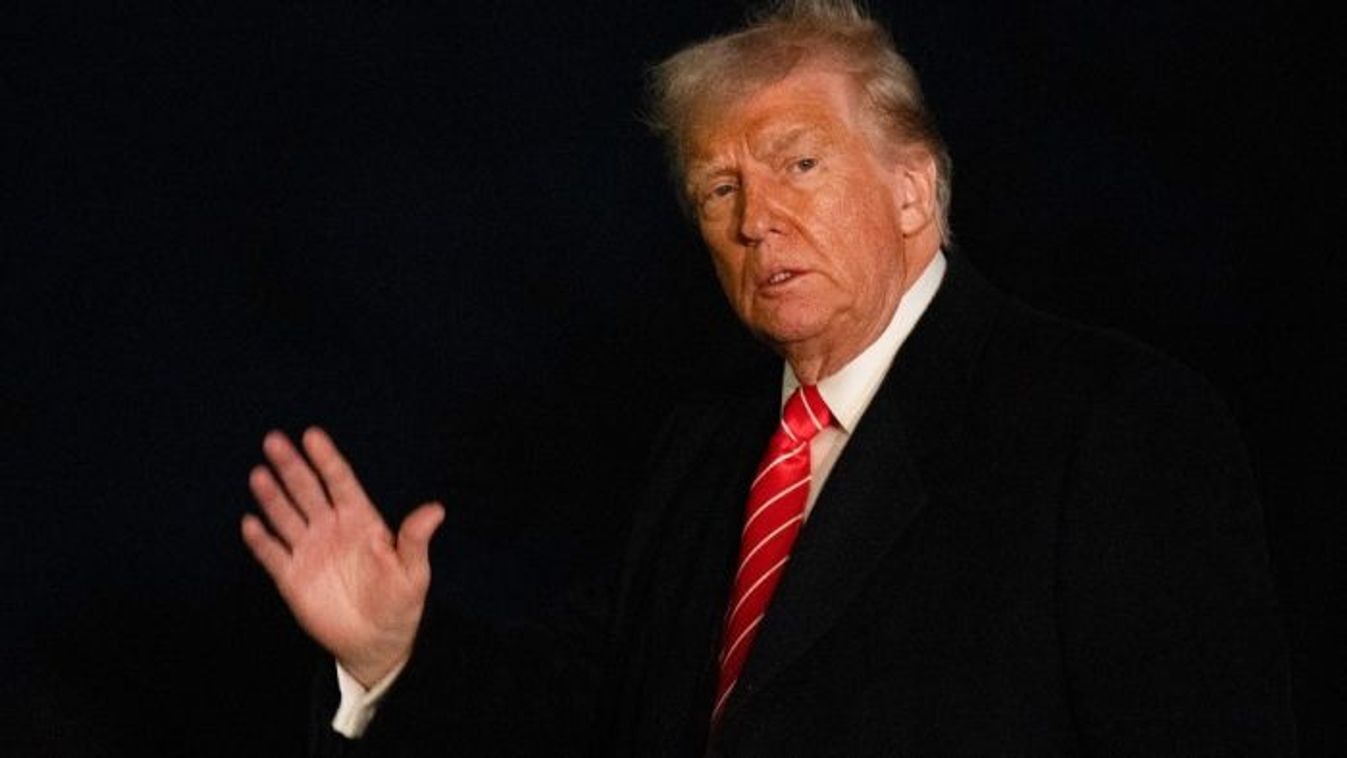
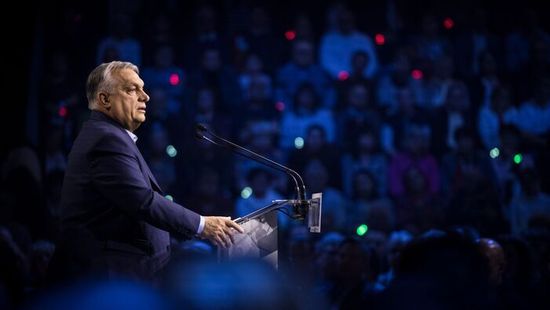

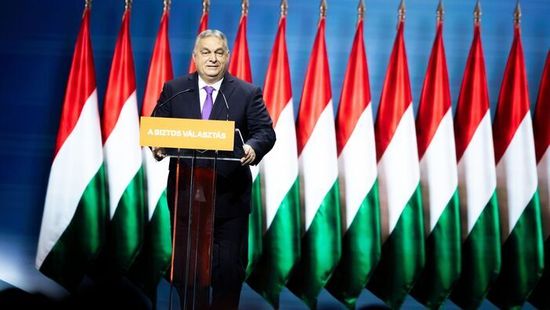





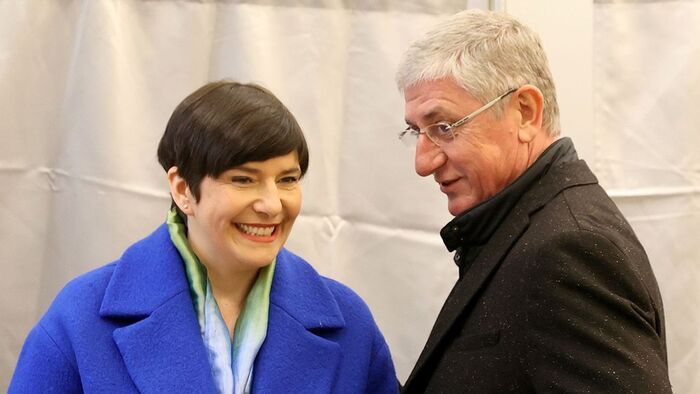




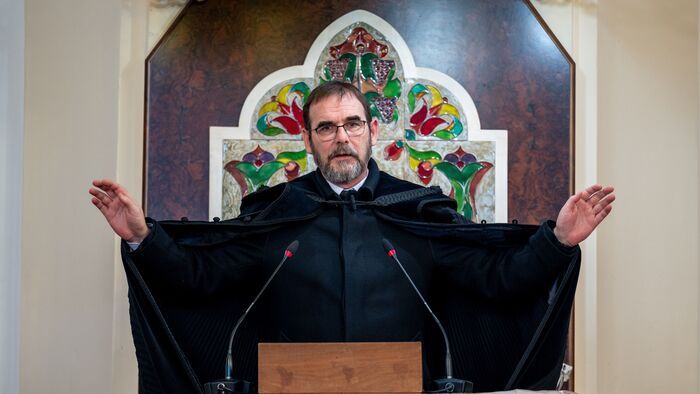








Szóljon hozzá!
Jelenleg csak a hozzászólások egy kis részét látja. Hozzászóláshoz és a további kommentek megtekintéséhez lépjen be, vagy regisztráljon!